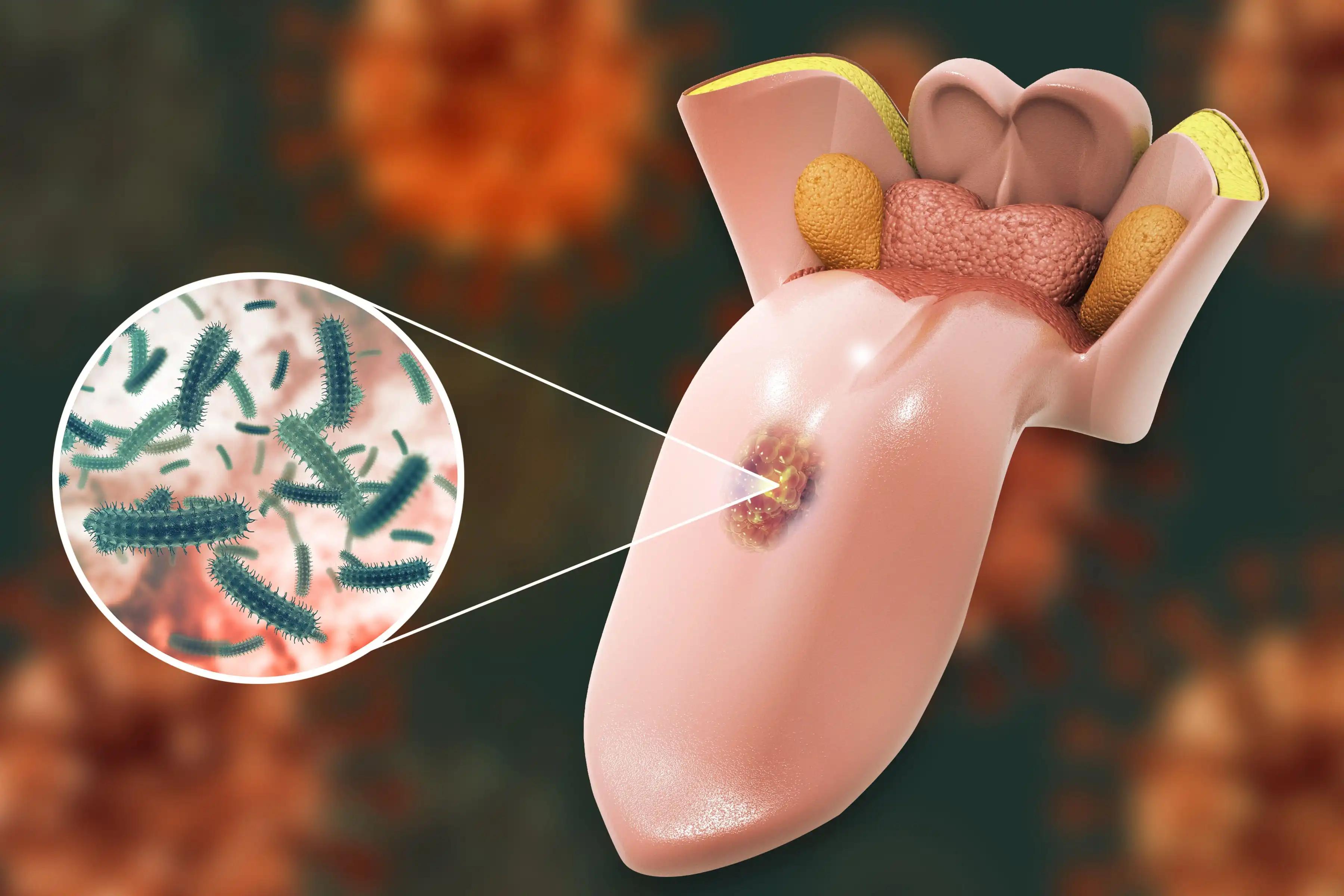KEY TAKEAWAYS
- ABACUS is a single-arm, neoadjuvant, phase 2 trial for patients with (MIBC) who are ineligible for or refuse neoadjuvant cisplatin-based chemotherapy.
- The primary aim was to evaluate (pCR) rate and dynamic changes to T-cell biomarkers.
- Atezolizumab was given before radical cystectomy, and serial tissue and blood samples were collected.
- The secondary outcomes were 2-yr (DFS) and (OS). The pCR rate was 31%, and 2-yr DFS and OS were 68% and 77%, respectively.
- CD8+ expression and serial circulating tumor DNA (ctDNA) levels correlated with outcomes and may contribute to personalized therapy in the future.
Muscle-invasive bladder cancer (MIBC) shows promise for neoadjuvant immunotherapies. To report on disease-free and overall survival rates after 2 years in the ABACUS trial, taking into account novel tissue-based biomarkers and circulating tumor DNA (ctDNA). Patients with MIBC (T2-4aN0M0) who were ineligible for or refused neoadjuvant cisplatin-based chemotherapy were enrolled in the ABACUS trial, which was a multicenter, single-arm, neoadjuvant, phase 2 trial. Before undergoing radical cystectomy, two cycles of atezolizumab were administered. Tissue and blood samples were taken at regular intervals. Primary endpoints of dynamic changes to T-cell biomarkers and pathological complete response (pCR) rate have been reported elsewhere. 2-year DFS and OS were secondary outcomes.
Biomarkers such as FOXP3, primary histocompatibility complex class I, CD8/CD39, and sequential ctDNA measurements were analyzed for their relationships to RFS. The average time between checks was 25 months (95% CI: 25-26). Atezolizumab was given to 95 patients in at least one treatment cycle. Cystectomy was not performed on 8 patients (only one due to disease progression). Three in ten patients had a partial response (95% CI 21-41). There was a 95% confidence interval (CI) of 68% (two years) for DFS and 77% (two years) for OS. Patients with a pCR had an 85% DFS rate at two years (95% CI 65-94). There was no association between baseline PD-L1 and RFS; similarly, there was no association between baseline tumor mutational burden and RFS (HR 0.72 [95% CI 0.31-1.7], p = 0.46). High levels of fibroblast activation protein after treatment correlated with a more prolonged RFS (HR 4.1 [95% CI 1.3-13], p = 0.01), and high levels of stromal CD8+ at baseline were associated with a shorter RFS (HR 0.25 [95% CI 0.09-0.68], p = 0.007). 63% (25/40), 47% (14/30), and 14% (five/36) were positive for circulating tumor DNA before, during, and after neoadjuvant therapy and surgery, respectively.
At each point in time, the ctDNA status was highly predictive. Patients who tested negative for ctDNA before and after neoadjuvant treatment did not experience any relapses. One drawback of this study is that the biomarker analysis was not randomized but merely exploratory. Atezolizumab, given neoadjuvant in MIBC, is connected to clinical responses and long DFS. Correlations between CD8+ expression and serial ctDNA levels and outcomes suggest these biomarkers may play a role in future personalized treatment. Long-term survival is favorable for patients with bladder cancer who undergo immunotherapy and then cystectomy. Researchers also discovered that biological markers could be used to identify people likely to respond favorably to this treatment.
Source: https://pubmed.ncbi.nlm.nih.gov/35577646/
Clinical Trial: https://clinicaltrials.gov/ct2/show/NCT02662309
Szabados B, Kockx M, Assaf ZJ, van Dam PJ, Rodriguez-Vida A, Duran I, Crabb SJ, Van Der Heijden MS, Pous AF, Gravis G, Herranz UA, Protheroe A, Ravaud A, Maillet D, Mendez MJ, Suarez C, Linch M, Prendergast A, Tyson C, Stanoeva D, Daelemans S, Rombouts M, Mariathasan S, Tea JS, Mousa K, Sharma S, Aleshin A, Banchereau R, Castellano D, Powles T. Final Results of Neoadjuvant Atezolizumab in Cisplatin-ineligible Patients with Muscle-invasive Urothelial Cancer of the Bladder. Eur Urol. 2022 Aug;82(2):212-222. doi: 10.1016/j.eururo.2022.04.013. Epub 2022 May 14. PMID: 35577646.



